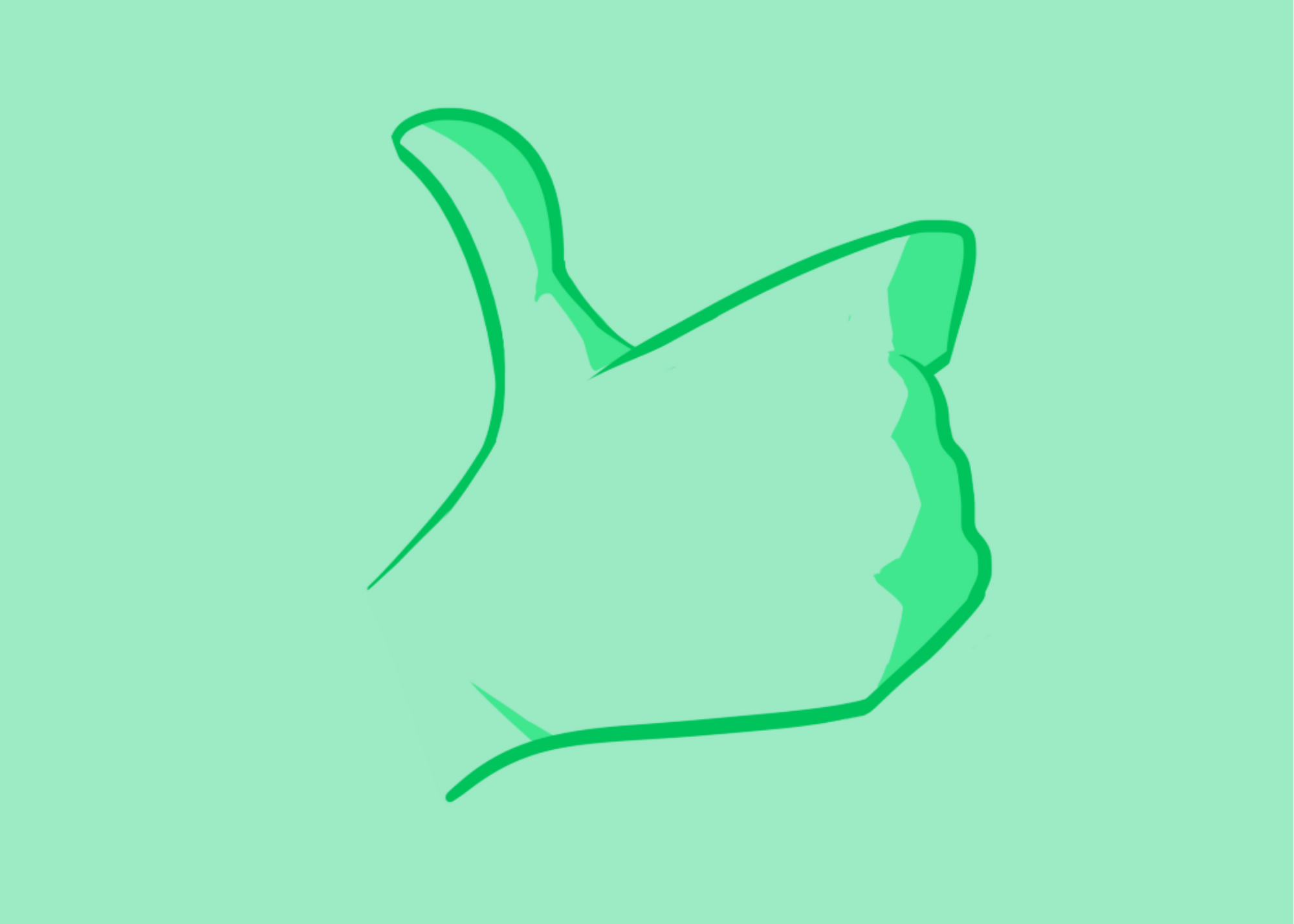At the risk of spreading COVID-19 further, essential businesses should consider closing their non-essential sections to limit the amount of people spending time in those aisles.
While businesses are slowly starting to reopen, some states are banning their customers from buying non-essential items from stores such as Walmart, Target and grocery stores, according to KCRA Channel 3 Sacramento.
Vermont’s Agency of Commerce and Community Development said in a press release that “big box” retailers will be ending in-person sales of non-essential items.
“This volume of shopping traffic significantly increases the risk of further spread of this dangerous virus to Vermonters and the viability of Vermont’s health care system,” said Secretary Lindsay Kurrel.
The non-essential sections closing is a good thing for business because some parents let their children play with the toys in stores, which could increase the spread of COVID-19 if non-essential aisles are left open.
The businesses letting people get non-essentials items online or through curbside pickup is a better solution because people don’t always social distance in those sections in stores.
During this pandemic, non-essential items include toys, clothing and technology. Before this virus, customers would take their time searching through and touching items. Now it is important to avoid these actions and practice social distancing.
The sections should be closed until the COVID-19 spread has slowed down because some people can spend an extended amount of time looking around at the products to see if they want it and also ask employees multiple questions about them.
Clothing departments should also be closed because of the potential spread of COVID-19 from people trying on clothes and putting them back on the racks.
Closure of non-essential departments would allow for time to get employees trained to get ready when stores start to open up different sections.
Some employees could be afraid to work when there’s lots of shoppers going through those sections.
The sections being closed for the public until the curve is flattened is important because the employees won’t be able to know who is and who isn’t sick.
It would decrease the risk of spreading the virus throughout the whole store.



